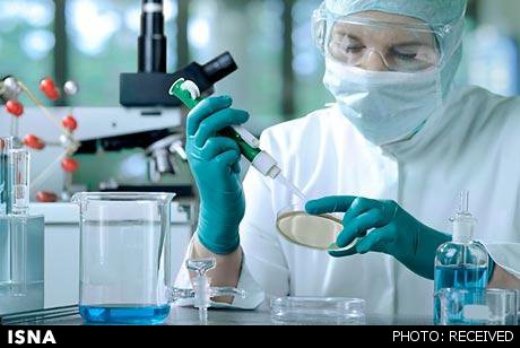Iranian researchers have developed a new anti-cancer nano-drug using artificial biocompatible and biodegradable polymers.
Mohammad Irani, a Ph.D. student in chemistry engineering at Amirkabir University of Technology and lead author of the study, said the project aims to design and build a nano-drug which increases the chemo efficiency and reduces the poisonous effects of anti-cancer drugs.
He said he and his fellow researchers have designed a nano-fiber scaffold carrying multi-walled nano-carbon pipes as drug carrier.
Using the nano-fiber scaffold carrying the Doxorubicin, the anti-cancer drug improves the treatment process and lowers the level of poison in the drug.
It takes the scaffold 30 days to get released. The anti-poison properties stay in the scaffold for three days.
An electro process method has been used to produce the nano-drug. The research also studied the way the drug is released into cancer cells in laboratories.
The results of the study have been published in Applied Polymer Science Journal.
